When lots of manufacturing jobs began moving overseas in the 1980s, it had profound effects on the American economy and labor force. Although imported goods from overseas were often cheaper, benefiting consumers, the loss of well-paying manufacturing jobs in the U.S. meant fewer Americans could afford those goods. Many critics saw the trends of outsourcing in the 1980s and 1990s as leading to a “hollowing out” of the American middle class. Goods became cheaper, thanks largely to lower-cost foreign labor and lack of production regulations, but domestic wages fell even faster.
Fortunately, economic winds seem to have shifted, and there is bipartisan support for bringing well-paying manufacturing jobs back to the United States, including government-backed incentives. This includes domestic jobs created by foreign producers. For example, although many manufacturing jobs were outsourced beginning in the 1980s, many foreign automakers began building plants here in the U.S. to not have to pay tariffs. Fortunately, a foreign producer is looking to invest $300 million to build solar panels in Greeneville, North Carolina: Boviet Solar.
City and State Grants Help Attract Investment
While other foreign producers have begun building domestic plants for semiconductors and solar panels with subsidies from the 2022 CHIPS Act, Boviet Solar of Vietnam is being assisted by county- and state-level grants. Greeneville, North Carolina, was chosen after Boviet looked at many possible sites in nine different states. The company plans to refurbish an existing factory vacated by a previous firm. Between now and 2028, Boviet Solar plans to hire 900 people to run its operation in Greeneville.
Although the grants are sizable, the funds are being allocated over time and require performance verification, meaning Boviet Solar has to deliver on its promised jobs and output. If successful, this is an excellent strategy and should encourage many other states to offer similar deals to tech producers, including foreign companies. Analysts predict that the tax revenue generated by Boviet Solar’s sales and wages will more than make up the cost of the initial grants, including interest.
More Americans May Embrace Solar if American-Made
Green energy also gets a boost from these subsidies, and the benefit to the environment should be considered when factoring in the cost of subsidizing green energy. Building a solar panel plant in the United States, and thus being able to label those products as “Made in the U.S.A.,” could help speed up the adoption of this cleaner energy source. Some potential supporters of solar energy may hold off until they hear the panels are domestically made and, thus, of high quality. Supporters are even more likely to be persuaded when they hear that the grants were conditional on performance, meaning Boviet Solar had to deliver on its plans.
The more solar panels we produce domestically, the faster and cheaper we can adopt clean, renewable energy. This will pay environmental dividends far beyond North Carolina. The partnership also benefits U.S.-Vietnamese relations, which have grown rapidly in recent years due to mutual concerns about China’s rapid military and economic growth.
Image credit: Boviet Solar

